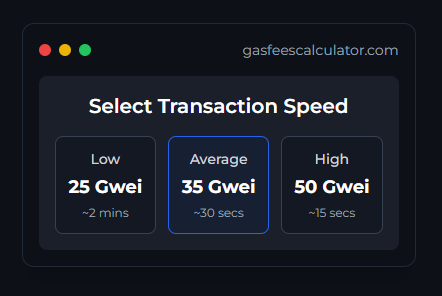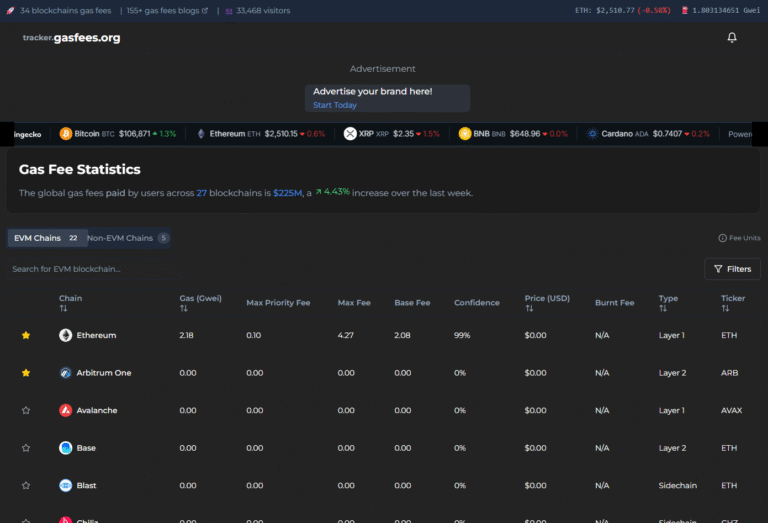What Are Kava Gas Fees?
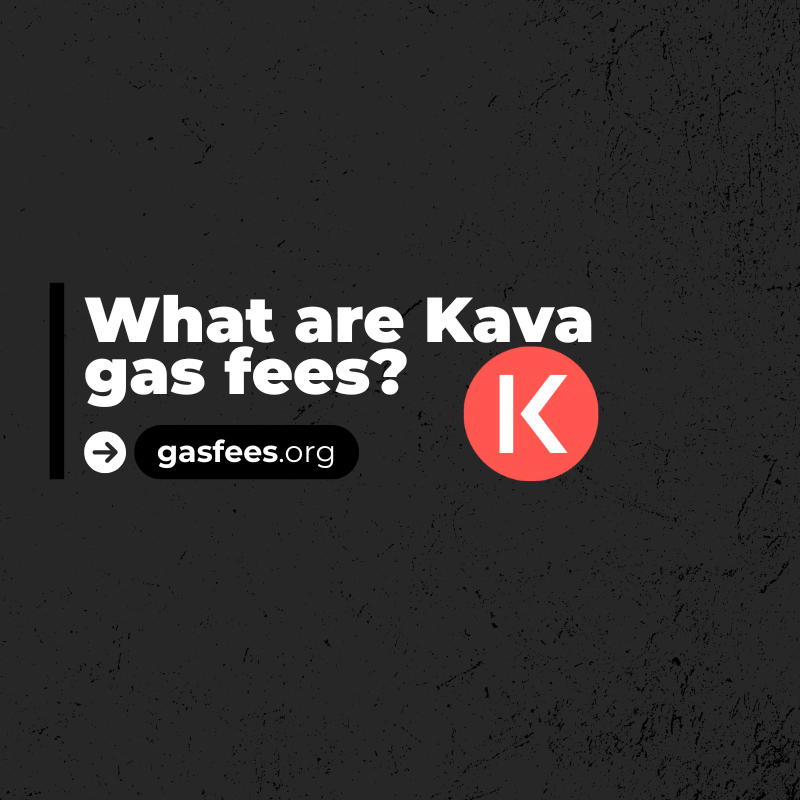
Kava Gas Fees are the transaction costs required to perform operations on the Kava blockchain, a decentralized finance (DeFi) platform built for cross-chain services.
Gas fees are paid in KAVA tokens and are used to compensate validators for processing transactions and securing the network.
The fees vary based on network demand, transaction complexity, and the specific operation being performed. Kava’s scalable infrastructure helps to keep these gas fees relatively low, making it an attractive option for users looking to engage in DeFi activities, such as lending, borrowing, and staking across multiple blockchain ecosystems.
What Are Elastos Gas Fees?
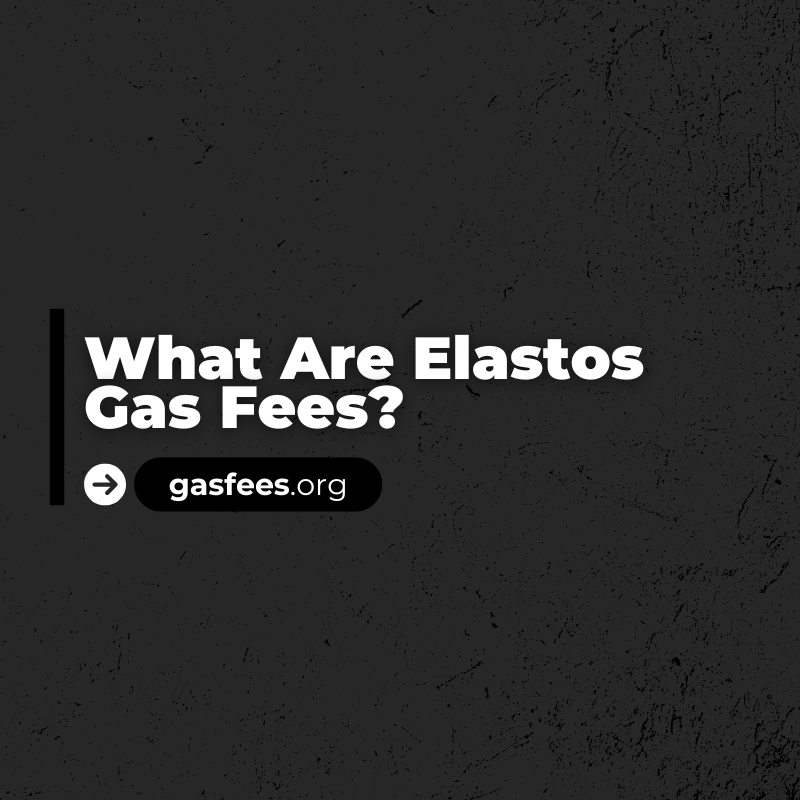
Elastos, a blockchain platform focused on building a decentralized “SmartWeb,” takes a unique approach to transaction costs. On the Elastos main chain, there are no traditional gas fees for transactions involving the native ELA token, as network operations are primarily supported by miners collecting minimal transaction fees. This design prioritizes affordability and accessibility for users transferring ELA or engaging with basic network activities.
However, Elastos operates sidechains, such as the Elastos Smart Chain (ESC), which supports Ethereum-compatible smart contracts. On the ESC, gas fees apply and are paid in ELA, but they are notably low—often less than $0.01 per transaction (around 3.3 Gwei), with options for fast (5s), normal (15s), or slow processing times. These fees cover computational resources and are kept minimal due to Elastos’ efficient architecture and merged mining with Bitcoin, which enhances security without inflating costs.
Users can monitor ESC gas fees using tools like Elastos’ block explorers or wallets like Elastos Essentials, which provide real-time fee estimates. By eliminating main chain gas fees and maintaining low sidechain costs, Elastos fosters a cost-effective environment for decentralized applications, making it attractive for developers and users alike.
What Are Aptos Gas Fees?
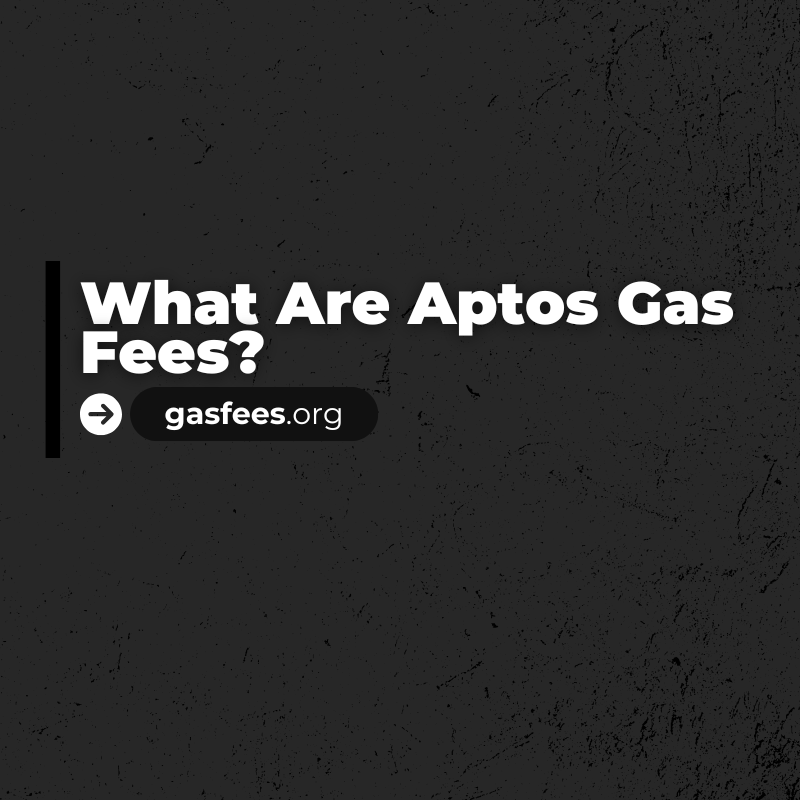
Aptos gas fees are the costs associated with transactions on the Aptos blockchain, designed for high-speed and scalable decentralized applications. This guide explains how Aptos gas fees are calculated, what factors influence them, and how they compare to other blockchains. Learn how to manage your costs effectively while using the Aptos network.
What Are NEAR Gas Fees?
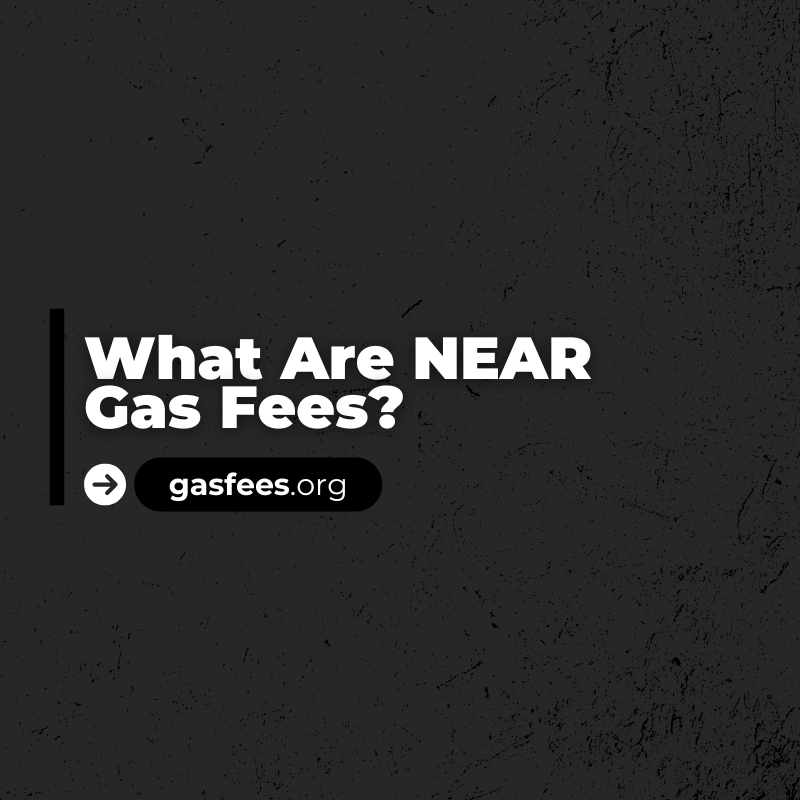
NEAR gas fees are the transaction costs associated with executing operations on the NEAR Protocol, a high-performance blockchain designed for scalability and ease of use. These fees, paid in NEAR tokens, are typically low and predictable, enabling fast and cost-effective transactions for users and developers. Understanding NEAR gas fees helps optimize costs when interacting with decentralized applications (dApps) or deploying smart contracts on the network.
What Are Tezos Gas Fees?
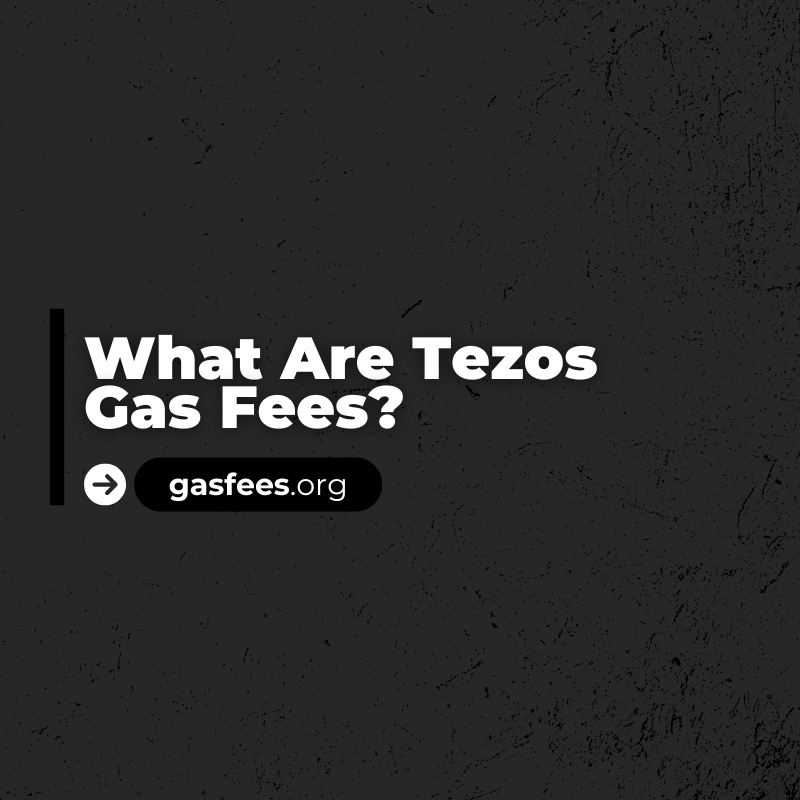
Tezos gas fees are the transaction costs required to execute operations on the Tezos blockchain, a platform known for its energy-efficient proof-of-stake consensus and on-chain governance. These fees, paid in XTZ tokens, ensure network security and efficient processing of transactions and smart contracts. Understanding Tezos gas fees is essential for optimizing costs when interacting with decentralized applications (dApps) or participating in the Tezos ecosystem.
What Are Flare Gas Fees?
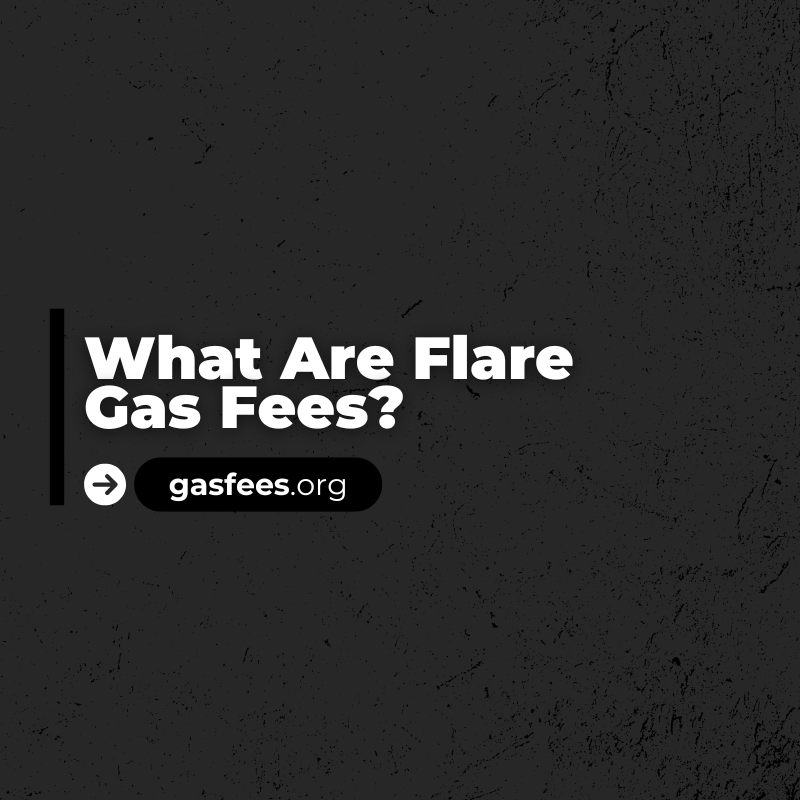
Flare gas fees are the transaction costs associated with performing operations on the Flare Network, a blockchain designed to bring smart contract functionality to non-Turing complete blockchains like XRP, Litecoin, and Bitcoin. These fees, paid in FLR tokens, help secure the network and process transactions efficiently. Understanding Flare gas fees is essential for users who want to optimize costs when interacting with dApps, smart contracts, or transferring assets on the Flare network.
